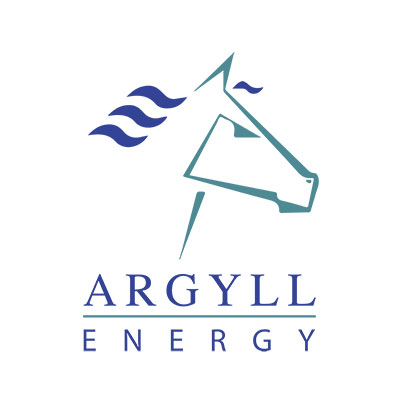Carbon Credits

Carbon Management
As climate change moves further up the business agenda, companies with clear programmes for managing their carbon emissions will enjoy distinct competitive advantages. Robust carbon management programmes can help a business’s corporate social responsibility programme, be a helpful marketing tool, and most importantly, give businesses a competitive edge in the tendering process. Dr Thomas Campbell and his team developed a methodology to provide an international standard for the waste treatment project activities utilising Continuous Reductive Distillation technology. The methodology was approved by the UNFCC, United Framework Convention on Climate Change under the Clean Development Mechanism.
“Large-scale Methodology “AM0112: Less carbon intensive power generation through continuous reductive distillation of waste”
The wastes covered under this methodology are municipal solid waste, biomass residue and tyres. This methodology applies to project activities where waste is treated by applying continuous reductive distillation (CRD) technology and resultant output gases is used for power generation. The wastes covered under this methodology are municipal solid waste (MSW), biomass residues and tyres.
The project activity may claim emission reductions for:
(a) Displacing electricity in a grid or electricity generation by a fossil fuel fired power-only plant; and
(b) Avoiding methane emissions that are associated with the disposing of municipal solid waste (MSW) and/or biomass residues in a solid waste disposal site (SWDS) with or without a partial LFG capture system.
The carbon reduction from using this technology yields carbon credits that can be banked or sold, creating a revenue stream.
Click here to download the UN large-scale methodology AM0112.
